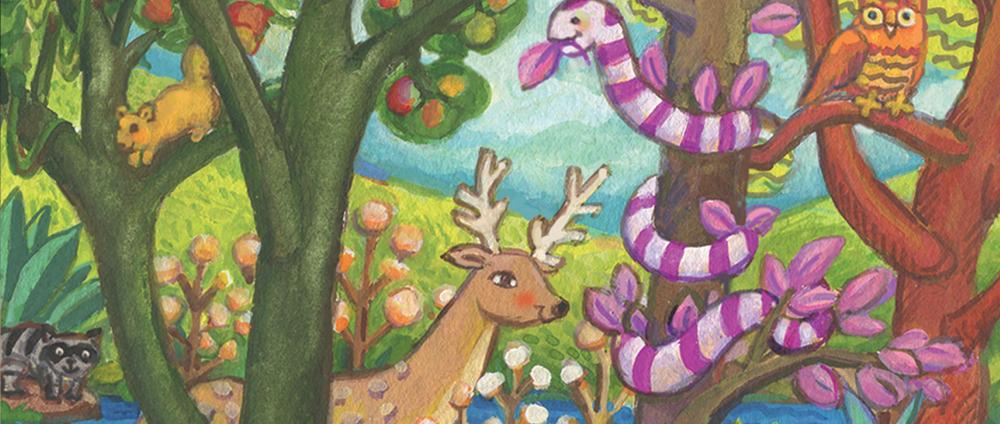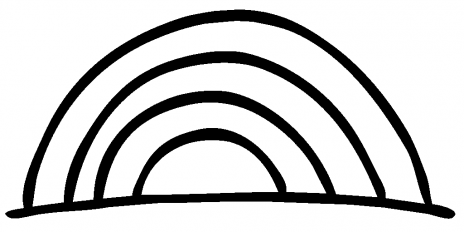
God Saves Noah
- Delight in God’s plan for saving Noah, his family, and the animals.
- Feel secure knowing that God promised to take care of the world.
Leader Reflection
The story of Noah and the ark is remembered at least two times in the New Testament. The first recalls the flood as a warning. In Luke 17 Jesus warns us to be ready for his coming: "Just as it was in the days of Noah, so also will it be in the days of the Son of Man. People were eating, drinking, marrying. . . . Then the flood came and destroyed them all" (Luke 17:26-27).
The second recalls the flood as a promise of salvation. In 1 Peter 3, Peter recalls the story of Noah as a story of salvation. "In [the ark] only a few people . . . were saved through water, and this water symbolizes baptism that now saves you also. . . . It saves you by the resurrection of Jesus Christ" (vv. 20-21). Just as the waters of the flood lifted Noah and his family above the judgment, the water of baptism delivers us from judgment by the power of Christ's death and resurrection.
Last week we saw the flood as the judgment of God on a wicked world. Today we see the grace of God in his commitment to save the creation.
"But God remembered Noah and all the wild animals and the livestock" (Gen.8:1). This doesn't mean that a heavenly timer went off reminding God about those poor creatures bobbing on the flood waters. It means that the time had come for God to save them.
It all seems to take place very naturally. The rain ceases, the wind rises, and the flood waters gradually recede. Noah sends out doves to see whether there is dry land. One brings back a promising olive leaf and the next never returns, the best sign of all.
Noah, his family, and all the animals disembark after eleven months on the water. What a relief! Here again, the focus is not on Noah but on God. It's as though God is standing at the end of the gangway, welcoming Noah and his family and all the animals. "Come out," God shouts, "and flourish on the earth again. It's a brand new, fresh start."
Noah then offers a sacrifice, and God responds with a covenant. God doesn't have to bind himself in any way; he has already saved Noah and his family. But God now makes a solemn covenant with Noah and "your descendants after you and with every living creature. . . . Never again will all life be destroyed by the waters of a flood" (9:9-11). And God then gives a sign of this covenant, a rainbow in the sky. "Whenever the rainbow appears in the clouds, I will see it and remember the everlasting covenant" (v. 16).
A covenant is a binding agreement, a deal between two parties. What's strange and wonderful about this covenant is that the covenant obligation falls mainly on God. That's why it has come to be called a covenant of grace, and it becomes a characteristic of God's commitment to the creation. Human beings can never seem to carry the load of covenant responsibility, so God does. Finally, God sends the one true covenant man, Jesus, who perfectly keeps the covenant and wins us eternal salvation.
One more thing. Don't forget the animals. It's striking how often they're mentioned here, reminding us that it's not all about us, but about God's care for every living creature, and the creation itself—a care God wants us to share.
Steps
Step 1 Breathe
Use this time to focus your attention on God.
Do this with me: calm your head, heart, and hands as you slowly breathe in . . . and out. (Demonstrate a few deep "in and out breaths" with eyes closed.)

Get Unlimited Access!
Sign up for DWELL Digital to unlock all online leader resources, printable pages and session plans.
Call 800-333-8300 or Request Access
Already a subscriber? Log In
Learn About DWELL
DWELL helps kids find their place in God's Big Story. Learn more about this popular and trusted children’s ministry curriculum.
